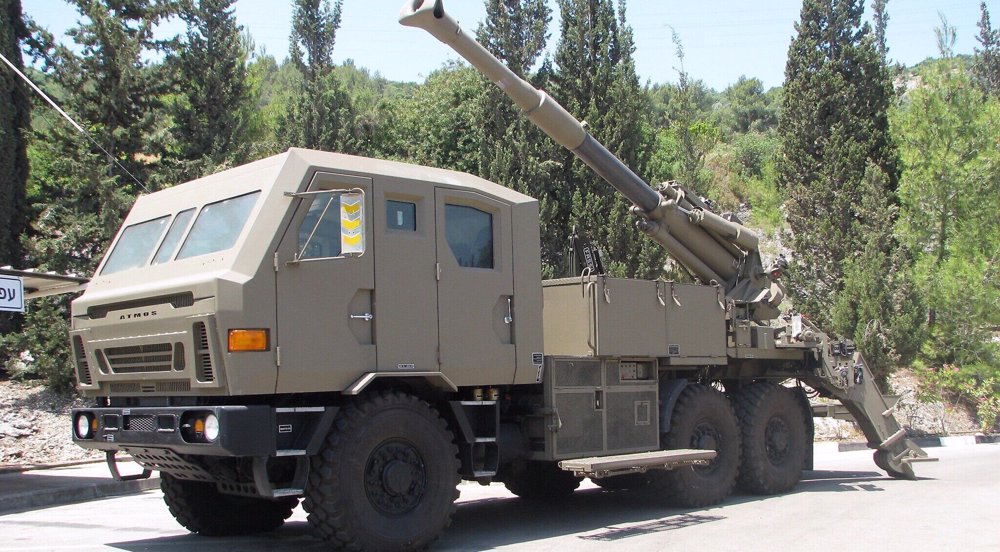Algerians vote in presidential poll with Tebboune expecting easy re-election
Algerians have gone to polling stations to vote in an early presidential election in which the incumbent is expected to be re-elected.
Abdelmadjid Tebboune, who is currently serving as both the president and the defense minister, is the main candidate among the three taking part in the presidential race overseen by the Independent National Election Authority.
Tebboune, who took office on December 19, 2019, for a 5-year term, decided to hold early elections, citing “purely technical reasons.”
More than 24.3 million people out of 50 million are eligible to vote, with official results expected on Sunday at the latest. More than one-third of the voters, 36 percent, are younger than 40 years old.
Tebboune, who is 78 years old, formerly belonged to Algeria’s leading party, the National Liberation Front (FLN), and is presently running in this election as an independent. He has promised to revive Algeria’s economy, aiming to achieve a GDP of $400 billion by 2027 and build 2 million housing units.
The rivaling candidates are Abdelaali Hassani Cherif, 57, and Youcef Aouchiche, 41.
Hassani is the president of the Movement of Society for Peace (MSP), a centrist Islamic party. He has been vocal about restoring “freedoms that have been reduced to nothing in recent years.”
Aouchiche is from the Socialist Forces Front (FFS). He has been active in student politics and joined the FFS at age 19. Aouchiche has vowed to represent “all fringes and social categories whose interests we will defend.”
The presidential campaign ran from August 15 to September 3, followed by three days of silence, during which candidates were prohibited from any political activities.
Whichever candidate wins more than 51 percent of the vote can secure a five-year term in office, having the power to appoint and dismiss cabinet members and the prime minister.

Morocco signs deal with notorious Israel’s Elbit to buy ‘battle-tested’ arms: Report

Protests in Morocco as US-flagged ship carrying arms to Tel Aviv docks at Tangier

Tunisia votes with Saied set for re-election
Iran slams US allegations against Tehran concerning Syria, condemns sanctions, Israeli violations
Iran condemns litany of hostile US actions, calls out Washington's hypocrisy
Egypt, Jordan urge ‘unity’ on Gaza, rebuilding without relocation
Putin talks Russia-Syria cooperation in first phone call with Jolani
Hamas rejects US-Israeli 'threats' on captive exchange
Iran’s oil output up nearly 13% in 2024: OPEC data
Fate of Israeli captives depends on Netanyahu's actions: Islamic Jihad
VIDEO | Gaza ceasefire on brink of collapse






 This makes it easy to access the Press TV website
This makes it easy to access the Press TV website